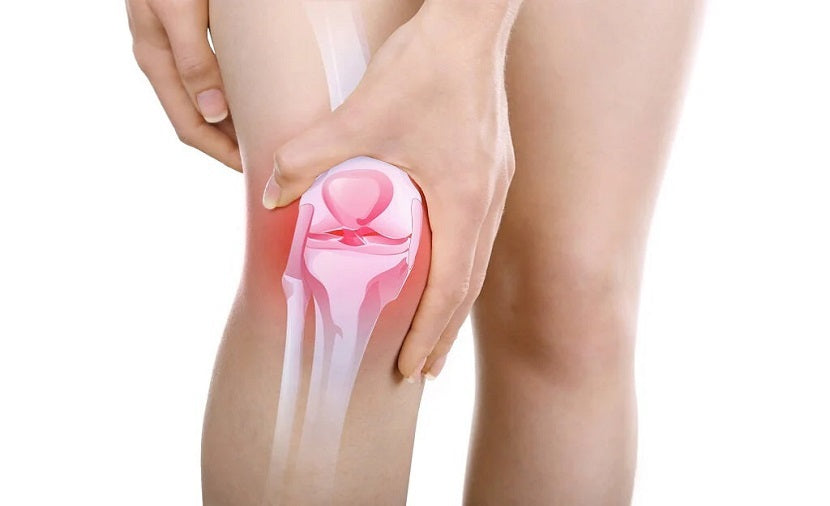Your skin changes throughout your life, especially during milestones like puberty, pregnancy, and, of course, menopause.
One of the biggest menopause symptoms your skin looking dull, dry, and loose. Luckily, there are some easy changes you can make in your skin care routine to help with these common post-menopause symptoms.
Your Skin & Menopause
In the years following your last period, your body begins to adjust to the new normal of having fewer hormones (namely estrogen). This can cause your skin to become dry, thin, and irritated. Many women experience menopause symptoms such as skin itching and dryness due to the loss of collagen and natural oils their body reduces producing.
Some women also have menopause skin breakouts as their hormone levels drop, even if they never had acne-prone skin before. Dark spots, loss of plumpness, and bruising are also common menopause symptoms.
If you want to help reverse the signs of aging and help your complexion deal with menopause symptoms, consider adding these steps to your skin care routine.
1: Moisture, Moisture, Moisture
If there’s one thing your skin is craving post-menopause it's hydration. Menopause symptoms like skin itching is the result of your body producing less natural oils, leading to dull, dry skin. Additionally, your skin loses some of its ability to retain water as you age.
When washing your face, avoid using hot water and soap instead opt for warm water and a gentle exfoliant that’s suitable for all skin types. A multi-functional probiotic mask can help clear up clogged pores while hydrating even the most sensitive skin.
2: Eat Your Antioxidants
Your body is in need of collagen supplements for menopause. There are many home remedies you can try to help increase your collagen production, especially when it comes to your diet. Consider eating foods like bone broth, fish, egg whites, and citrus fruit that are all high in collagen and protein.
Adding more collagen to your skin care routine can also help with anti-aging. Consider a face serum with a unique combination of probiotics and actives to encourage natural collagen production.
3: Sun Protection
Keeping your skin safe from the sun is a must at any age but is especially important post-menopause when your skin becomes thinner. It’s recommended to use a broad-spectrum sunscreen that’s SPF 30 or higher.
Choose a sunscreen you like so you’ll be more likely to apply it every morning and throughout the day as needed. This can help prevent dark spots, fine lines, and skin cancer.
4: Serum and Night Cream
These two products provide more moisture when your skin needs it the most, in the morning and before bed. As we said, you can find a face oil with collagen to help give your skin a boost. Make sure to pair this with a moisturising cream that has a potent combination of super-antioxidants, peptides, and probiotics to hydrate and rejuvenate your complexion overnight.
5: Cleansing
Finally, we can’t overlook the importance of finding a gentle cleanser for your skin. Thinks like hyaluronic acid, salicylic acid, and glycolic acid may be too much for your sensitive skin after menopause. Instead, find a solution with probiotics that can assist in regulating your skin's naturally occurring hydration and bacterial balance.
Add all these steps in your daily routine and shop more skin care solutions with help from Happy Healthy You.









Leave a comment
This site is protected by hCaptcha and the hCaptcha Privacy Policy and Terms of Service apply.